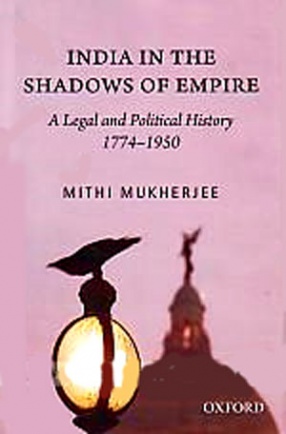The pioneering research offers a sweeping new interpretation of the complex and seemingly contradictory nature of Indian democracy and polity. In contrast to much of existing scholarship, it joins the colonial and postcolonial periods in Indian history into a seamless narrative.
The book explains the postcolonial Indian polity by presenting an alternative historical narrative of the British Empire in India and India’s struggle for independence. It pursues this narrative along two major trajectories.
On the one hand, it focuses on the role of imperial judicial institutions and practices in the making of both the British Empire an the Anti-Colonial Movement under the Congress, with the lawyer as political leader. On the other hand, it offers a novel interpretation of Gandhi’s Non-Violent Resistance Movement as being different from the Congress. It shows that the Gandhian Movement, as the most powerful force largely responsible for India’s independence, was anchored not in western discourses of political and legislative freedom but rather in Indic Traditions of renunciative freedom, with the renouncer as leader.





There are no reviews yet.